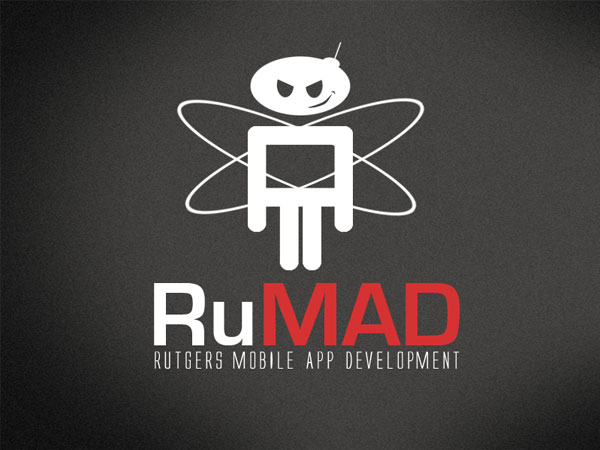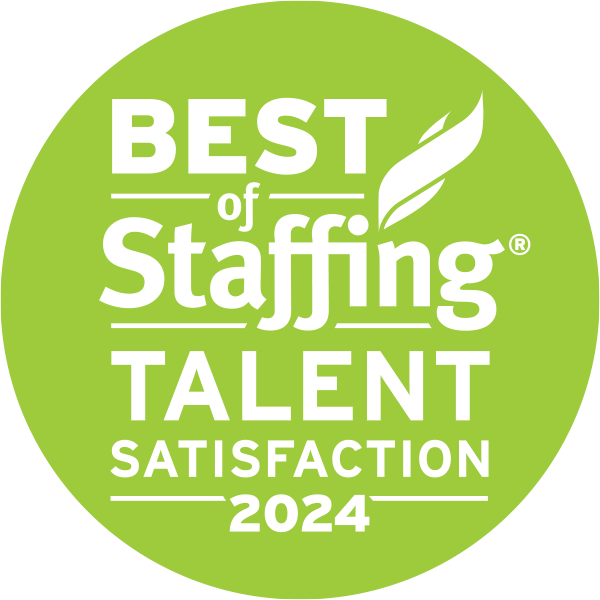Nis Frome has been fascinated by technology and user interface design for nearly a decade, jumping at any opportunity to get his hands dirty. He is currently the Public Relations Coordinator for the Rutgers University Mobile App Development Club and a co-founder and COO of Hublished, a B2B content-driven social media site launching in early 2013. Find him on Twitter @nisfrome or on LinkedIn.
Jess Gonzalez is a junior majoring in English at Rutgers University, with plans to complete her Master’s after graduation. She is a technical writer at RuMAD and currently interns for the Rutgers University Press. She has been published in Eidolon Literary Arts Magazine, National Gallery of Writing, and the anthology A Celebration of Poets. Connect with her on LinkedIn.
As college students, we’re often told by almost everyone we come in contact with what skills we need to acquire before we enter the “real world.” But there comes a time when a student must become the master, and, with regard to the Rutgers University Mobile App Development (RuMAD) club, the veterans may want to take a page out of our book.
In just over a year, our club has grown to more than 200 active members, becoming an app publishing machine, a hub of innovation, and a podium for acclaimed speakers and entrepreneurs to educate and deliver industry insights. But I think in this case the how is more important than the what. Using the story of RuMAD as a case study, both individuals and organizations can develop a culture of innovation that, for so many, is all too often elusive.
Hacking: It’s All The Rage These Days
Anyone who works with (or is even remotely interested in) computers has heard the term “hacking” thrown around quite a bit recently. The term is ubiquitous within the developer community, and is now spreading like wildfire throughout the digital, creative, and interactive communities.
But what is hacking, and why do so many professionals outside of computer engineering champion having the mindset of a hacker?
The term “hacker” carries many different connotations, some of which are historically negative. But in its more hip and dazzling context, hacking is the exploration of the possibilities of a particular system, given current restraints and resources, and the subsequent reinvention or improvement of that system for society’s benefit. Put more simply, hacking is the act of breaking something down into smaller parts and either reassembling or modifying the pieces to rebuild them into something so much better. Think of “hacking” as “problem solving” on steroids.
It is therefore no surprise that employers find this type of hacker (or at least someone with such a mindset) to be sexy, whether the applicant is a computer engineer or a school administrator. In a global, knowledge-based economy, the problems we face are far more complex and sophisticated that at any earlier time in history. Hacking is the answer to all of the world’s problems.
So how can institutions – whether a corporation or university – build a culture of hacking, and how can one actually become a hacker?
Reinventing Utility
One of the key elements of hacking is the creation of utility. Not theoretical utility – actual utility. The kind derived by real people.
“Showing that you’ve built products that solve real-world problems will give you a clear advantage,” says Jacob Relkin, an iOS developer who has worked at Appcelerator and more recently at Doximity. “Recent graduates who haven’t set aside time to build something on their own are not going to have the same opportunities as dropouts who have done so.”
This, however, presents a problem for many undergraduate students who believe they lack the resources, connections, and knowledge to adequately create utility outside of an internship. The same goes for professionals in organizations without the necessary infrastructure or environment.
Enter RuMAD: A Club Fundamentally About Hacking

Less than eighteen months ago, David Zafrani, then a junior, set out to start the Rutgers University Mobile App Development club (RuMAD). The club now meets weekly and has an active membership of more than 200 novice and experienced app developers. Members of the club’s board have participated in hackathons nationally and been sponsored by multinational organizations. But it didn’t begin that way.
“When I first began the club, I didn’t know the hundreds of developers that I do now,” Zafrani emphasizes. But Zafrani recognized one thing early on that would be crucial to the club’s future success: to attract new members, the club has to afford aspiring students with opportunities that are above and beyond what they could accomplish independently.
“Collaboration, and the potential to create utility because of it, continues to be our value proposition,” says Zafrani, who is still the club’s president. Zafrani utilizes social networks such as Facebook, Twitter, and especially Meetup to coordinate club events and crowdsource app ideas.
“RuMAD provides members with an environment for networking and developing. Members learn from other developers and work on countless projects together,” Zafrani said, not without a hint of satisfaction.
The club’s first app, RuParked, was released in June of 2012, and remains the epitome of utility. As Rutgers University is spread across four campuses and subdivided by the Raritan River, parking can be a hassle at best and mind-boggling at worst. RuParked guides drivers to the nearest available parking spot given their registered (or visitor) parking pass.
RuParked was the collaboration of four students who together worked on the idea, logistical research, programming, and graphic design. “It’s something that would have been too large for any single student to take on while also taking classes full-time,” says Zafrani. “I probably would not have pursued the app if not for the ability to collaborate with other ambitious students.”
The Dynamics Of Practical Creativity
It may sound ludicrous, but not all creativity is welcomed by employers. A common mistake for many students who lack the proper resources and environment is to end up developing valueless code, or worse still, trying to “hack” an industry they know nothing about. What usually results is nothing more than a whole lot of wasted time and effort, with few practical takeaways. The antidote: education and a demonstrated passion for what you’re disrupting.
Says Alex Lau, an NYU graduate and computer engineer who has worked for more than four years in private consulting, “Data structures, object oriented programming, and algorithms are going to follow any programmer in any career – you should know them inside and out.” Having a strong foundation in these core courses is crucial before setting out to tackle the world’s problems.
Beyond that, students should gain experience in an industry they want to reinvent before simply reinventing. “You shouldn’t waste your time doing unrelated work,” warns Lau. “Find any computing related job you can during college. And if you want to do computing in a specific industry, seek out work in that industry.”
“Always do the stuff you genuinely enjoy,” Lau concludes. “If you can involve your programming somehow, it will reflect really, really well on you.”
And this doesn’t just apply to computer scientists. Those interested in disrupting a particular industry should immerse themselves in that industry before simply “hacking away.”
Adapting The Story Of RuMAD
Creativity, experience, and education, when exposed to an environment of collaboration, are what it takes to develop a self-sustaining culture of hacking. Universities, with their plentiful resources of capital, labor, and educated advisors, are ripe laboratories where ambitious minds can solve some of the most perplexing problems, whether in medicine or clean energy.
But such a culture shouldn’t be restricted to universities. Now more than ever, corporations must also leverage the power of crowdsourced innovation and freely available online resources to educate and retool their workforces for the modern world.
“The key for us is to remain realistic,” advises Zafrani. “To change the world, we know we need to take it one step at a time, from the ground up.”
The club is one of the fastest growing on campus, and is scheduled to bring in critically-acclaimed speakers for next semester’s weekly meetups to discuss topics from user experience design to interviewing techniques. The club will also be co-running the university’s hackathon with various other campus engineering groups.
But most importantly, the club will be continuing to develop useful apps for the university. RuMAD recently announced it would be developing a mobile app in a partnership with The Daily Targum, Rutgers’s student-run newspaper founded in 1869 with a circulation of 18,000.
These initiatives and efforts are examples of the club’s commitment to instrumental education and practical experience so that its members are not outsiders to the industries in which they want to innovate. They are lessons for those who want to replicate the club’s culture.
For RuMAD, it’s just more hacking.







